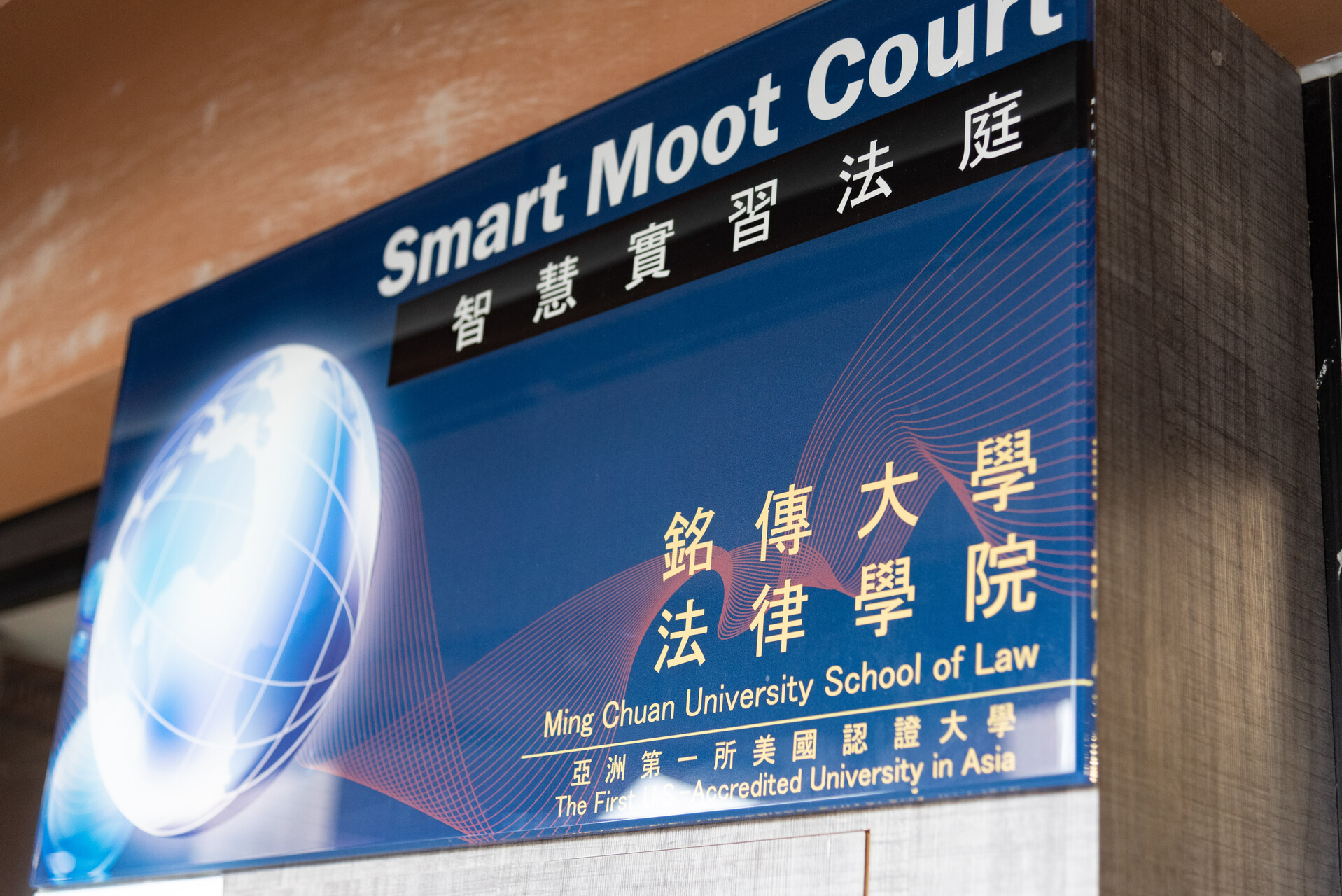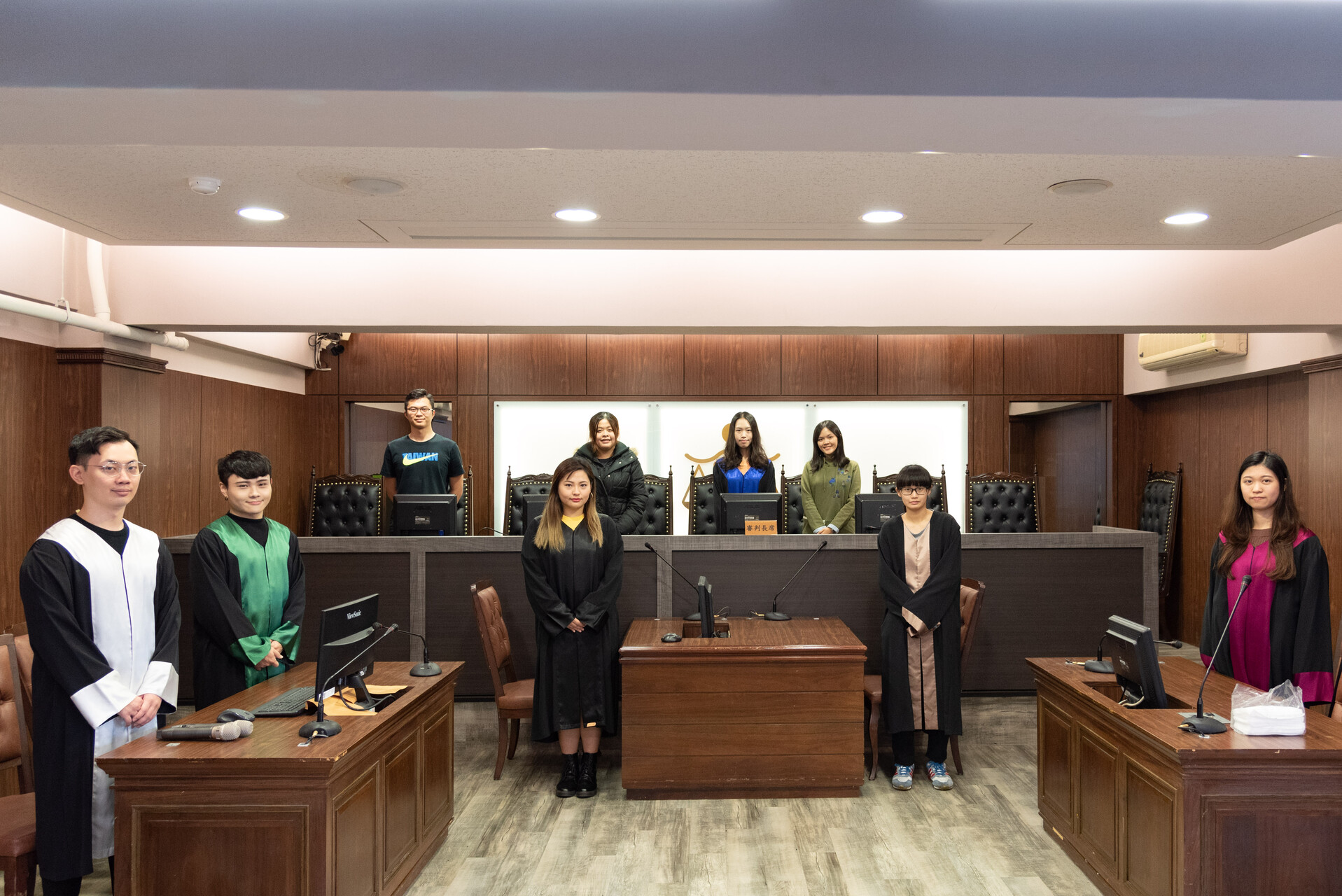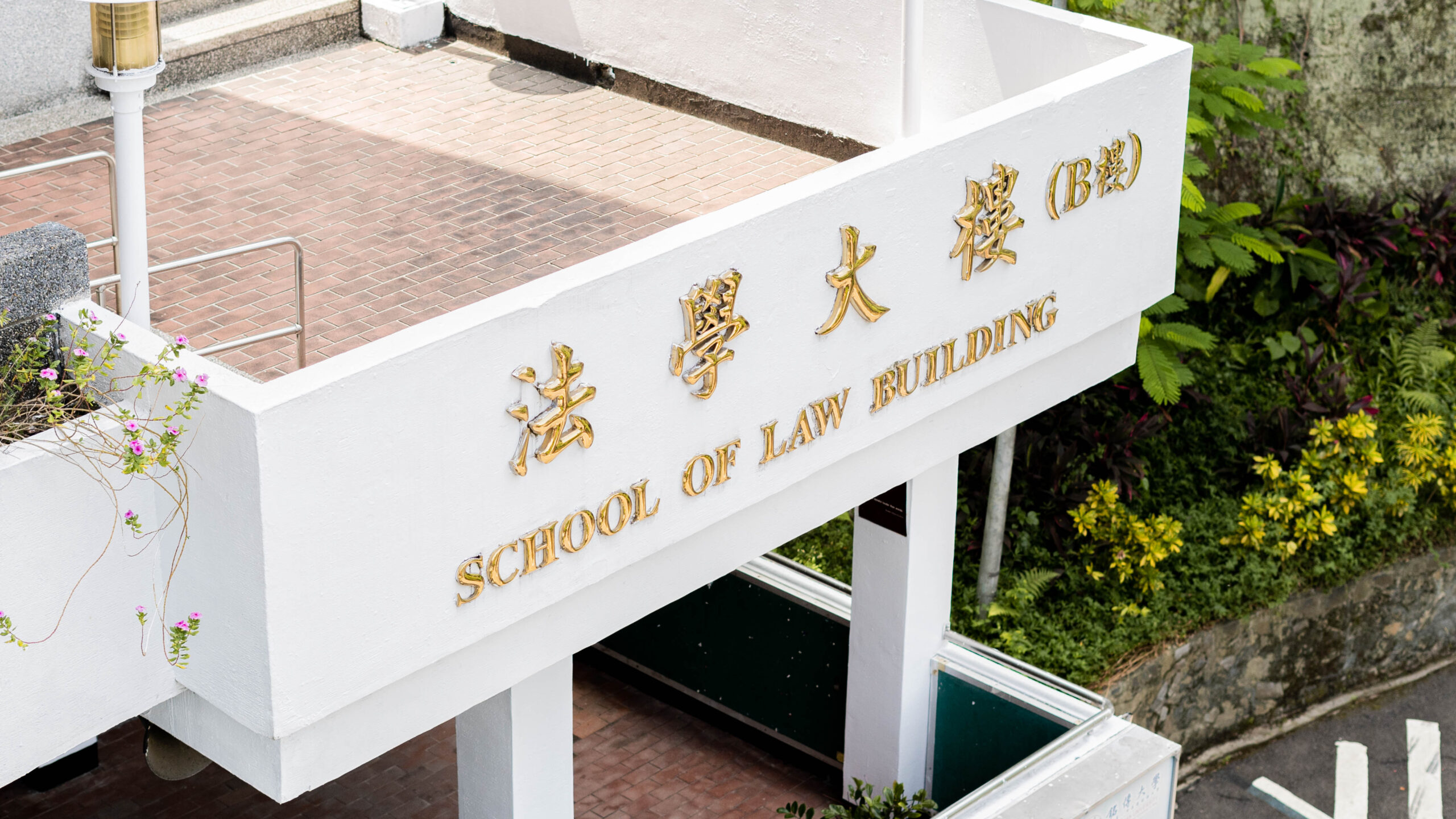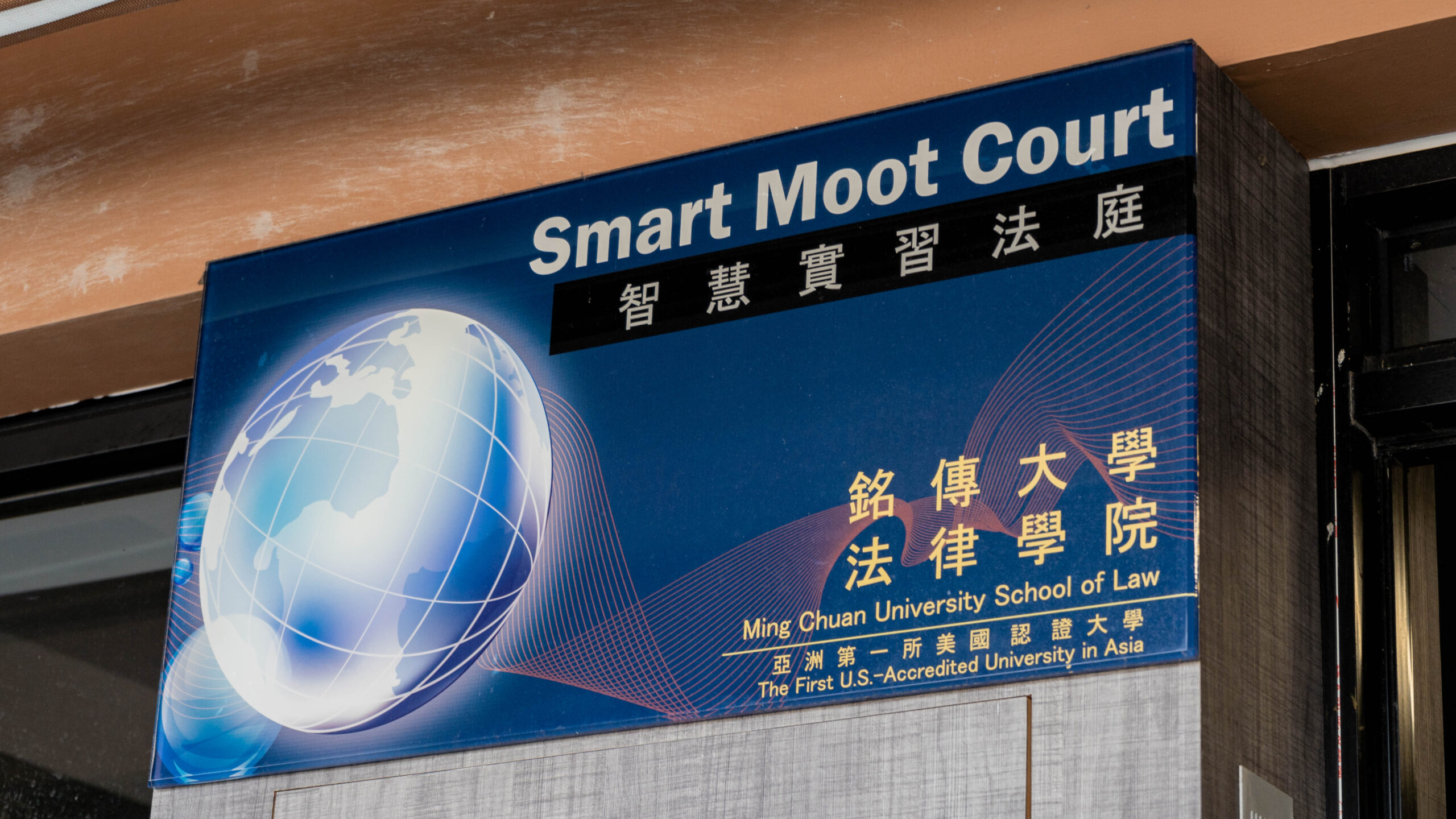
Overview and Features
The School of Law traces its origins back to the establishment of the Department of Law in 1993. In 1996, the Graduate Institute of Law was founded and officially began enrolling students in 1999. Following the university’s transition to full university status in 1997, the law-related departments were reorganized into the School of Law. The school boasts a distinguished faculty team, including four chair professors, 19 full-time faculty members, and 40 adjunct instructors. Currently, the school has approximately 78 graduate students and 611 undergraduate students. Since the 2011 academic year, the Department of Science and Technology Law has been merged into the Department of Law. To further pursue legal specialization, the school now comprises the Department of Law (including the Master's Program and the Executive Master’s Program) and the Department of Financial and Economic Law (including the Master’s Program).
The School of Law is committed to cultivating mid-level legal professionals who possess traditional legal expertise, foundational competencies in information technology, intellectual property, business, and finance, along with a solid grounding in legal theory, practical knowledge, a strong sense of responsibility, high moral standards, basic foreign language and IT skills, and a well-rounded humanistic literacy. In addition, the school is dedicated to training legal administrators and judicial professionals needed by the nation, while also developing legal experts in specialized fields required by the demands of a modern economic society.
The School of Law features three key characteristics. First, it emphasizes a balance between theory and practice, integrating legal norms with practical application. This philosophy is reflected in teaching methods, faculty recruitment, and curriculum design. Second, the school enhances professional training in specific legal fields to respond to the trends of socioeconomic development. In addition to core coursework, students must also undergo specialized training in designated fields to improve their competitiveness in both job markets and graduate studies. Accordingly, the school has established the Department of Law and the Department of Financial and Economic Law. To further boost students' employability, the school actively promotes certification guidance programs, credit-based micro-programs, and internship opportunities. Finally, the school places great importance on the development of students’ English and IT skills. In line with university-wide education policies, students are required to take relevant English and IT courses each semester and are strongly encouraged to participate in language proficiency and IT certification exams to meet the fundamental qualifications for employment.


Educational Philosophy and Objectives
Core Competencies
- Understand and research legal norms, theories, and practices
- Apply critical thinking and judgment to solve problems
- Communicate, coordinate, and clearly express legal opinions
- Utilize information tools for legal research and professional application
- Possess integrated knowledge of finance, technology, and law
- Demonstrate basic foreign language proficiency and a global perspective
Fundamental Literacy
- Fundamental literacy in legal theory and practice
- Fundamental literacy in the integration of law and finance
Degree Conferred
- Department of Law (Undergraduate Program) → Bachelor of Laws (LL.B.)
- Department of Law (Master’s Program) → Master of Laws (LL.M.)
- Department of Law (Executive Master’s Program) → Master of Laws (LL.M.)
- Department of Financial and Economic Law (Undergraduate Program) → Bachelor of Laws (LL.B.)
- Department of Financial and Economic Law (Master’s Program) → Master of Laws (LL.M.)
Future Vision
With strong support from the university, the School has established a solid foundation in terms of faculty structure and curriculum planning since its inception. Over the years, through the concerted efforts of faculty and students, the School has outperformed several other law programs that were established earlier. This excellence was also recognized in the most recent higher education evaluation, where the visiting committee gave high praise to the School’s performance.
In summary, the School currently possesses the following advantages and features:
- Appointment of distinguished chair professors with high standing in the legal community
- Implementation of a comprehensive academic assessment system, diverse and specialized courses, and strengthened training in foreign languages and information technology
- Emphasis on integrating theory with practical application, along with vigorous promotion of certification programs to enhance employment readiness
- Active participation in professional legal services, well-structured academic and student support systems, and mechanisms for interdisciplinary and interdepartmental resource integration
Looking ahead, the School will continue to build upon its existing strengths in facilities and faculty-student performance. In alignment with national reforms in legal talent cultivation strategies, the School will further enhance students’ professional certification capabilities—particularly in areas such as real estate, securities, trusts, insurance, and banking, by offering dedicated preparatory programs.
Recognizing the broader trend of cross-strait and global integration in higher education, the School will also expand international collaborations with legal education institutions in mainland China and around the world. This includes establishing sister-school relationships, promoting dual-degree programs, and facilitating student exchange initiatives. These efforts aim to broaden the academic and career development opportunities for both faculty and students.



